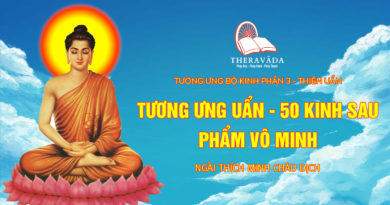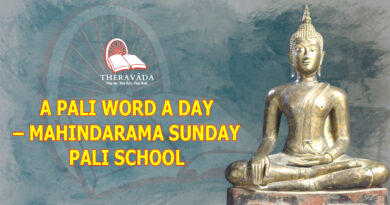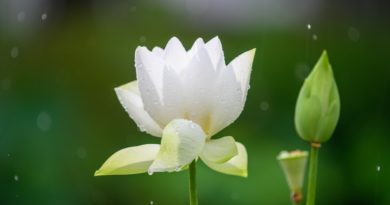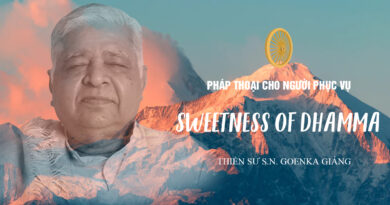ON THE NATURE OF NIBBĀNA – MAHĀSI SAYĀDAW
MAHĀSI SAYĀDAW
Editor’s Preface
The Venerable Sayādaw’s discourses were addressed to meditators practising intensively at Mahāsi Sāsana Yeikthā, in Rangoon. They contain many Pāḷi words which, though familiar to those who have
heard regular discourses, may not be so familiar to others. I have prepared this edition bearing in mind that it will be read by many who may be unfamiliar with Pāḷi terms. In this book especially, the Sayādaw uses many Abhidhamma terms. I have given the Pāḷi (in parenthesis), at least the first time the term is used, and in some cases I have used the Pāḷi term for the sake of brevity, such as jhāna for the state of deep concentration usually translated as “absorption.”
The translation “suffering” is a very unsatisfactory translation for the Pāḷi term “dukkha.” Although the term does embrace all kinds of obvious suffering like physical pain, mental sorrow, and grief, it means much more. Even pleasure and joy are dukkha, because they are subject to instability, must be striven for, and are the cause of grief when they change. The term “dukkha” has been translated as “unsatisfactoriness” in most places.
In the footnotes, references are to the page numbers of the Pāḷi texts of the Pali Text Society which, in the translations, are given at the top of the page or sometimes in the body of the text. However, in the case of the Dhammapada or Apadāna, references are given to verse numbers.
mahasi_sayadaw-1964_on_the_nature_of_nibbana





